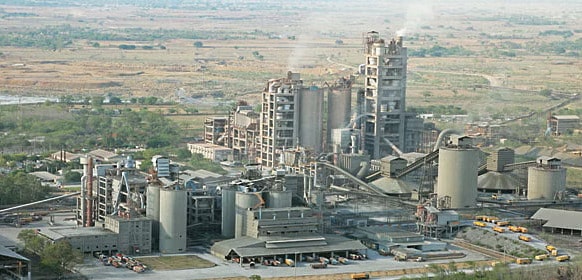[ad_1]
Over a month after Central Pollution Control Board (CPCB) found water samples drawn from 29 borewells near liquor manufacturing unit in Mansoorwal village in Zira, unfit for drinking, the Punjab government is set to issue orders to withdraw the consent to operate the factory. The factory, Malbros International Private Limited, is owned by liquor baron and Shiromani Akali Dal’s former MLA Deep Malhotra.
The government took decision Friday when the Punjab Pollution Control Board had called the factory management for a hearing in Chandigarh. The reply of the factory management has not been found “satisfactory,” said sources.
“The management came for a hearing. But the replies have not been found satisfactory. The PPCB will now take two-three days to print the orders withdrawing consent to operate. The orders are being drafted,” said an official of Punjab government.
The official added that the factory had sought renewal of consent to operate. It will now be withdrawn. If the factory wants to resume operations, it will have to comply with all the rules first, said the official.
The PPCB was finding it difficult to issue closure orders even as the unit had been lying shut since July 2022, amid a sit-in outside the factory. In January, Chief Minister Bhagwant Mann announced that his government would shut the liquor factory. However, the orders were never notified as a legal process was required to be followed.
The PPCB had given two hearings to the factory management. Last month, they were called for a hearing but had sought more time to get documents. “However, they were not able to provide the required documents on Friday. The CPCB reports are all clear. There is enough evidence,” said the official.
After protest by local residents, various tests were conducted after taking samples of water and soil from the factory and nearby area. The sampling was done by PPCB, National Green Tribunal, a High Court-constituted committee and finally the CPCB.
The CPCB submitted the report to National Green Tribunal (NGT) stating that samples from 12 borewells in factory’s vicinity had an unpleasant odour while those from another five had grey or blackish water. It had stated that at least one borewell had cyanide presence four times that of the permissible limit while total dissolved solids (TDS), boron and sulphates were found in high concentrations beyond acceptable limits in nearly all the borewells.
The report had also stated that water samples taken from two borewells located inside the unit contained huge amounts of heavy metals, including arsenic, chromium, iron, manganese, nickel and lead.
For over a year now, the PPCB was not giving annual clearances for the factory to run citing incomplete documents. The issue was challenged by the factory owners in the High Court. The High Court had then directed the PPCB to issue a speaking order.
[ad_2]











